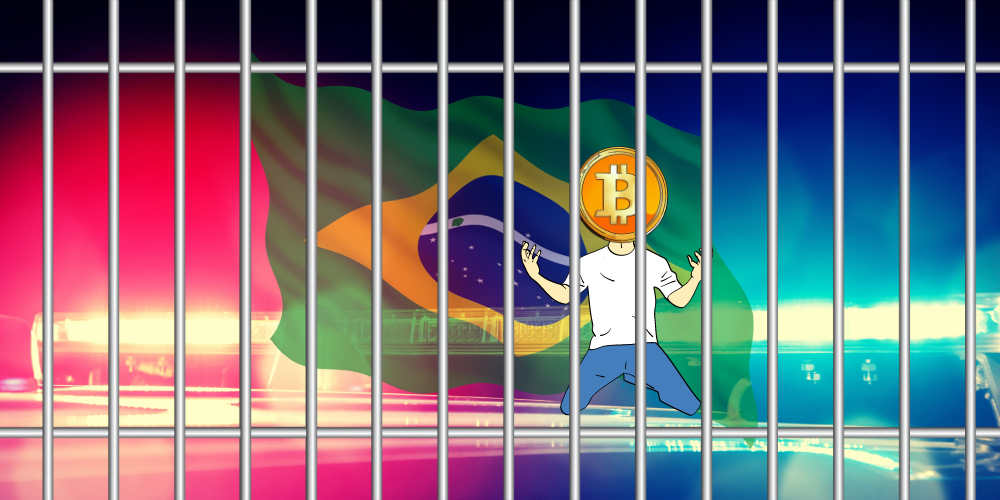A Historic Step
In a historic move, Brazil has enforced its cryptocurrency regulation, voted late last year in the Brazilian congress, this month. This could potentially be a first step towards broader sector-focused legislation. President Lula da Silva signed a decree establishing the central bank, a regional landmark for financial regulatory innovation in recent years, as the primary supervisor of the crypto economy. It will now monitor and regulate all virtual asset providers in the country.
The Role of the Central Bank
The central bank has been a vocal blockchain enthusiast in recent years, underscoring its capabilities to promote long-term innovation in the sector. It is inching closer to launching its own central bank digital currency, the digital Real, and aims to launch an initial version by the end of next year.
The Importance of Regulation
The overarching goal of this regulation is to prevent scams related to cryptocurrency in Brazil. These have sadly proliferated in Brazil even as many lean into cryptocurrencies for legitimate purposes. Specialists are confident that it will contribute to regaining trust in the asset class, despite fintechs facing higher compliance costs.
The Impact on the Market
Despite potential challenges, Aylton Gonçalves, a lawyer specializing in crypto and fintech regulation in the country, believes the new regulation will have a positive effect on the crypto market in Brazil. Even though crypto firms will likely face greater scrutiny and costs, he argues that a robust framework would instill greater consumer confidence. This could lead to increased market penetration.
Cryptocurrency Adoption in Latin America
In Latin America, the allure of crypto goes beyond pure speculation. Several countries in the region have stood out in rankings as significant adopters of the technology. Here, crypto is a tool to hedge against currency depreciation in inflation hotspots or as a vehicle for cross-border transactions.
Conclusion
The implementation of cryptocurrency regulation in Brazil marks a significant step towards a more secure and transparent crypto economy. However, it’s important to note that this development is not without its critics. The increased scrutiny and potential costs for crypto firms could potentially stifle innovation and deter new entrants into the market. While the intention to prevent scams and fraudulent activities is commendable, the approach taken may have unintended consequences that could hamper the growth of the crypto industry in Brazil. It remains to be seen how these new regulations will impact the crypto market and whether other countries will follow suit. As observers of this space, we do not necessarily welcome this step, as we believe in the importance of maintaining a balance between regulation and innovation.

